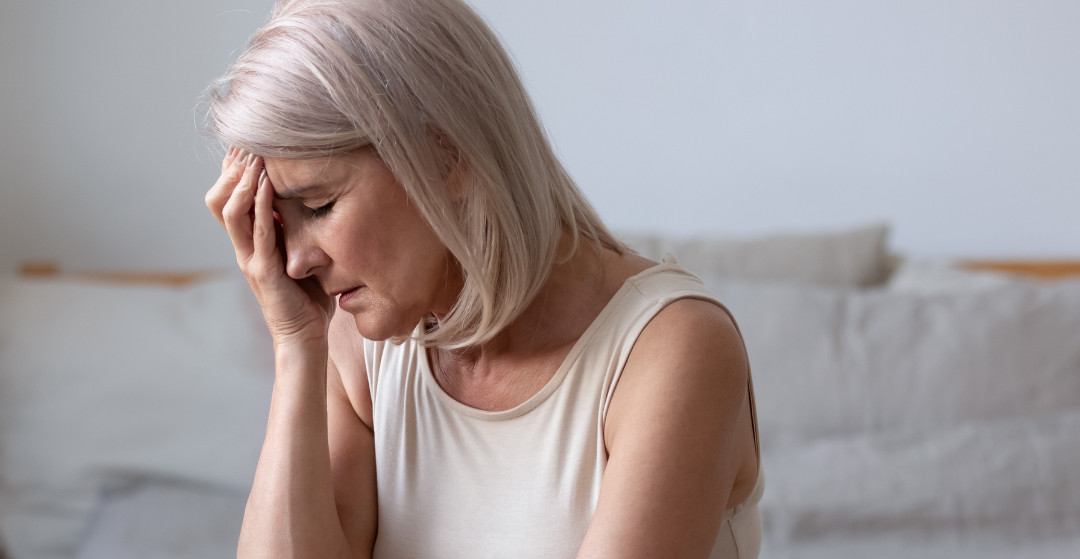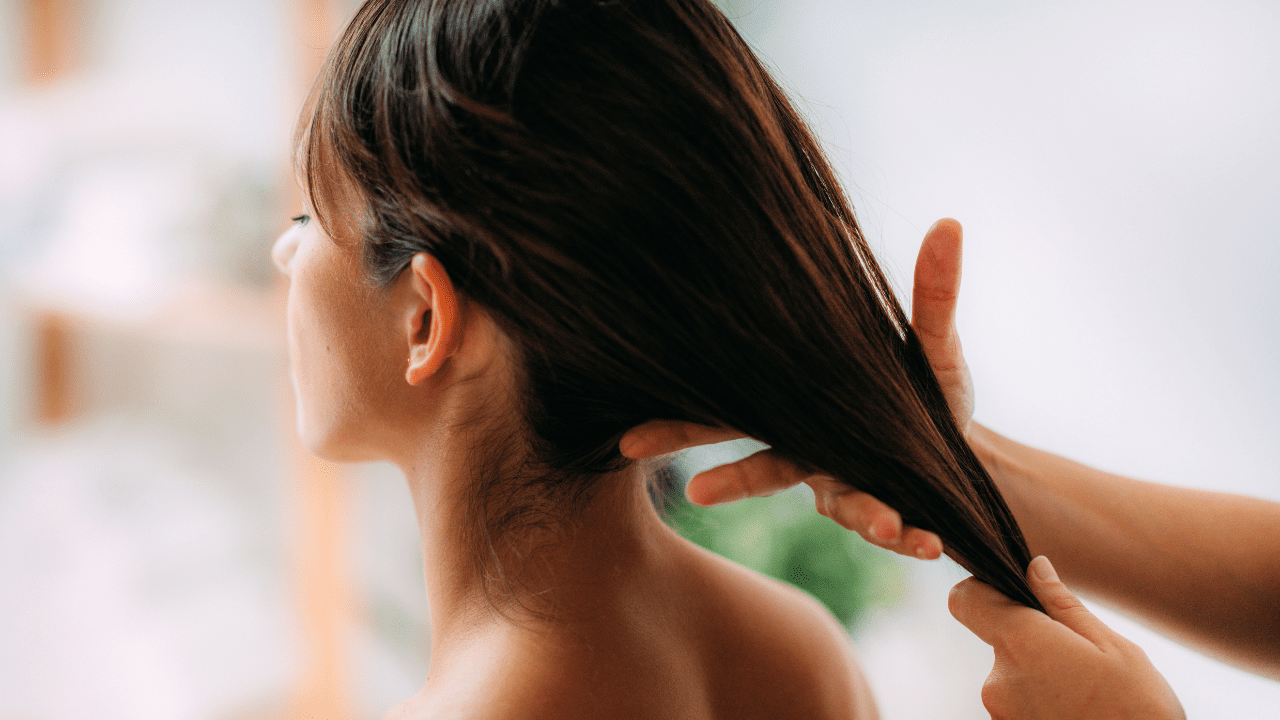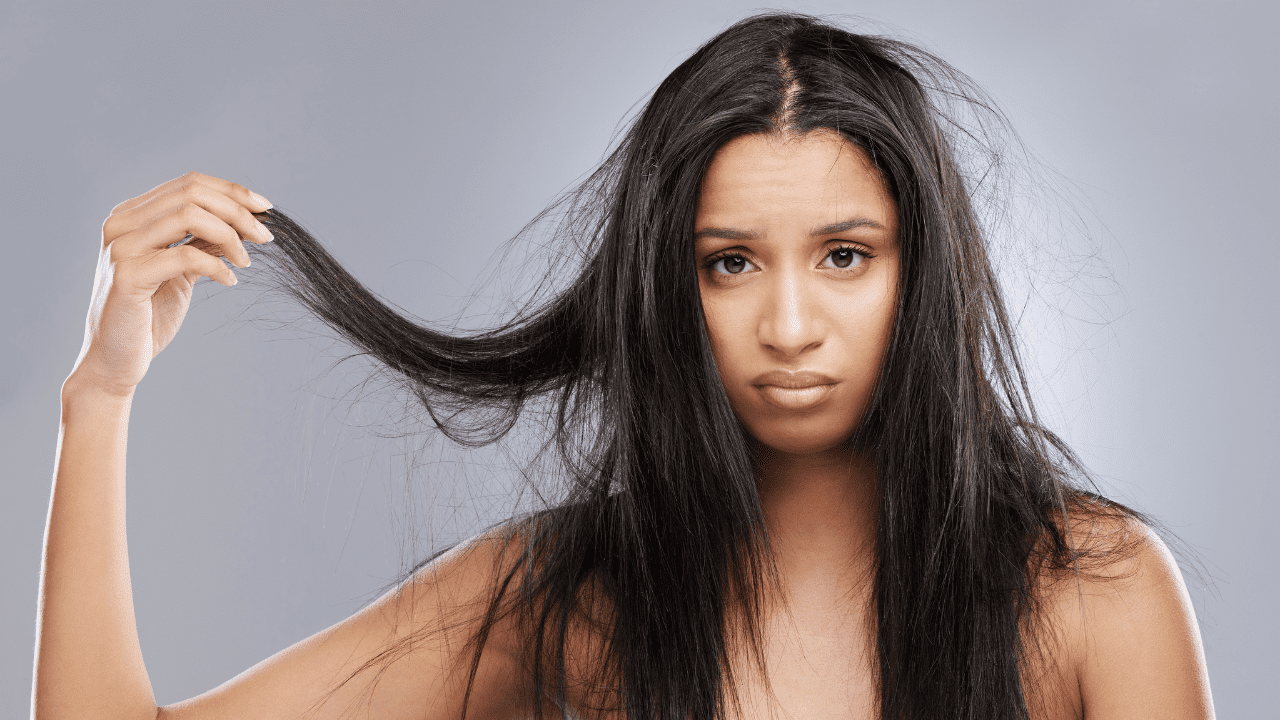Vitamins For Menopausal Hair Loss
Menopausal hair loss supplements can help manage hair loss caused by menopause by addressing the underlying nutritional deficiencies that may contribute to it. During menopause, hormonal fluctuations can affect the body’s ability to absorb essential nutrients, leading to deficiencies that impact hair health. So what vitamins are good for hair loss during menopause? In this article we’ll explain how thinning hair from menopause can be prevented with vitamins.
Understanding Menopausal Hair Loss
Before we dive into menopause supplements for hair loss it’s important to understand what menopause is. Menopause is a natural stage in a woman’s life typically occurring in her late 40s or early 50s, marking the end of her reproductive years. Along with a host of other physical and hormonal changes, menopause can also bring about hair loss or thinning, which can be distressing for many women.
How Supplements Can Help
Supplements can play a vital role in managing menopausal hair loss by addressing the underlying nutritional deficiencies that may contribute to it. During menopause, hormonal fluctuations can affect the body’s ability to absorb essential nutrients, leading to deficiencies that impact hair health. Additionally, aging processes can also diminish the body’s ability to produce certain vitamins and minerals necessary for healthy hair growth.
The Best Hair Growth Products For Menopause
Biotin: Also known as vitamin B7, biotin is crucial for maintaining healthy hair, skin, and nails and is one of the best products for menopausal hair loss. It supports the production of keratin, a protein that forms the structure of hair strands. Biotin supplements can help strengthen hair and reduce breakage, promoting thicker, fuller hair.
Vitamin D:
Deficiency in vitamin D has been linked to hair loss, and many women going through menopause may experience lower levels of this vitamin. Supplementing with vitamin D can help improve hair growth and density.
Iron:
Iron deficiency, or anemia, is a common cause of hair loss in women. Menopausal women are at a higher risk of developing iron deficiency due to factors such as decreased absorption and menstrual blood loss ceasing. Iron supplements can replenish iron stores in the body, supporting healthy hair growth, making it another one of the best vitamins for menopause hair loss.
Omega-3 Fatty Acids:
Omega-3 fatty acids, found in fish oil supplements, have anti-inflammatory properties that can help combat scalp inflammation, which may contribute to hair loss. They also nourish hair follicles and promote overall scalp health.
Vitamin E:
Vitamin E is a powerful antioxidant that helps protect hair follicles from oxidative stress, which can contribute to hair thinning. Supplementing with vitamin E can improve blood circulation to the scalp and support healthy hair growth.
Zinc:
Zinc plays a crucial role in hair tissue growth and repair. A deficiency in zinc can lead to hair loss and scalp problems. Menopausal women may benefit from zinc supplements to ensure adequate levels for optimal hair health.
This list includes some of the best supplements for thinning hair due to menopause. If you’re looking for more information to prevent menopausal hair loss contact our hair loss clinic Alopecia & Beyond today to have all of your hair loss concerns addressed.
Conclusion
Menopausal hair loss can be a challenging symptom to navigate, but with the right supplements, women can support their hair health and minimize the impact of hormonal changes. By addressing nutritional deficiencies and supporting the body’s natural processes, supplements can help women maintain thick, healthy hair during this transitional phase of life. Always consult with a healthcare professional before starting any new supplement regimen, especially if you have underlying health conditions or are taking medications.




